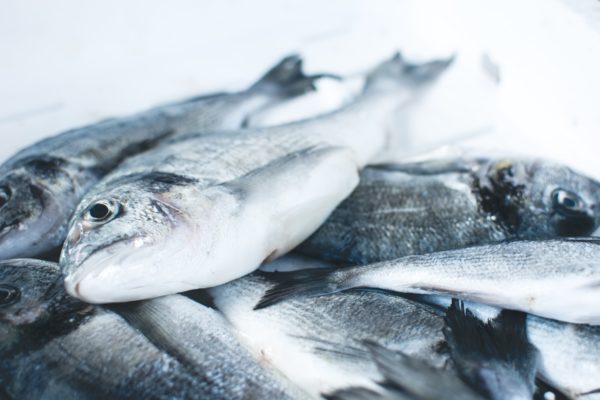World-leading polymer scientists are collaborating to create a new generation of coating materials that could contribute to a cleaner, safer planet.
Under the leadership of two of the world’s leading polymer scientists, Deakin University’s Professor Qipeng Guo, and Dr Ming Zhou, from Jiangsu Shisong New Material Technology Company, a research team is seeking to create a new generation of environmentally-friendly, heavy-duty polymer paint.
Most people are unaware of the environmental impact of paint production, particularly paints containing volatile organic compounds (VOCs), such as anti-fouling paint that is used on the hulls of boats, or heavy-duty paint that is used on pipes and many steel structures to extend life and reduce corrosion.
If successful, the new material could safely be used as a coating for manufacturing equipment, containing steel and iron, pipelines and other products. It could have applications in transport, construction, agriculture and maritime sectors, amongst others.
A number of VOCs, such as benzene and toluene (used in paint production), have been found to be toxic chemicals, with potential negative effects on humans and the environment. Some have been found to concentrate along marine predators’ food chains and to cause a range of negative health effects in humans after prolonged exposure.
The two experts are jointly supervising two PhD students on the program, Guangwu Guan and Sha Ji, both graduates of Beijing University of Chemical Technology, which is among the top three universities in polymer technology research in China. Both have outstanding industry experience in China and are spending time at Deakin’s Institute for Frontier Materials and Jiangsu Shisong Company, with Dr Zhou as external supervisor.
“Our challenge is to create environmentally-friendly coatings that don’t use organic solvents, but still achieve a good surface that is clear and transparent with no severe haze problem,” said Mr Guan.
“Using water-based nanotechnology, we are confident we can achieve low-haze coatings. This would be a world-first. Until now, water-based processes have only achieved opaque, hazy and translucent coatings, which are not attractive to commercial manufacturers, especially in the auto paints and coatings industry.”
Professor Guo added that the team is seeking a “fundamental solution that will help industry for a long time”.
[testimonial_text]The importance of this work for our students is that it is both fundamental research and a way for them to work with industry to achieve real applications.[/testimonial_text]
[testimonial_picture name=”Professor Qipeng Guo” details=”Deakin University Institute for Frontier Materials”]
 [/testimonial_picture]
[/testimonial_picture]“Dr Ming Zhou is an industry leader in China and the Jiangsu Shisong company has a strong vision. They are a very good partner.”
Mr Guan explained that many volatile organic compounds contain retardants and organic solvents, which contribute the most damage to the environment from paint production.
“More than half the current material contains organic solvents. This means that, if our research is successful, thousands of litres of these organic solvents could be removed from the production chain and replaced with a safer material within one decade,” said Mr Guan.
“The polymerisation method is one of our challenges. Our aim is to create a chemical structure at the nano / molecular level that allows the material to partly dissolve in water. Also, if we can make the polymers with adjustable hydrophobicity by introducing hydrophilic groups into the molecular chain and control the configuration of the hydrophilic groups in the chain, we are confident we can achieve the properties we are looking for.”
Based within the Institute for Frontier Materials, Professor Guo has a spectacular list of achievements to his credit. He became a full professor at the age of 29, at the University of Science and Technology of China, and is a Fellow of The Royal Society of Chemistry (FRSC), UK. He was awarded an Alexander von Humboldt Research Fellowship at the Institute of Macromolecular Chemistry, University of Freiburg, Germany, and has worked at universities in the USA, Japan and Belgium.
Two of his former students have been awarded the prestigious Alfred Deakin Medal for “Best Doctoral Thesis”.
He is also the author of the discipline’s “classic” texts: “Thermosets: Structure, Properties, and Applications” and “Polymer Morphology: Principles, Characterisation, and Processing.”
The research team is being funded to undertake the five-year project through the ARC Industrial Transformation Research Hub for Nanoscience-based Construction Material Manufacturing, established in 2017.
Main photograph: Professor Qipeng Guo (centre) with PhD students Sha Ji (left) and Guangwu Guan (right).
Published by Deakin Research on 17 May 2018



